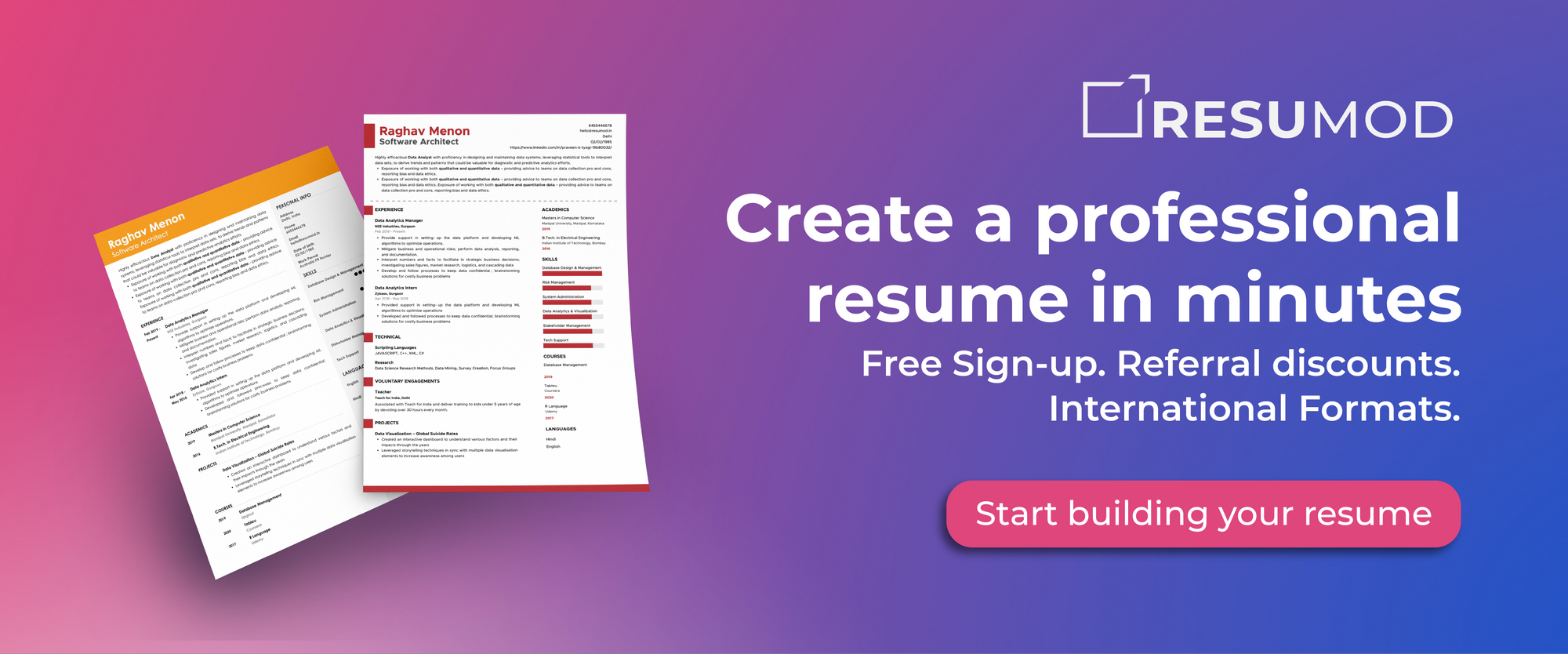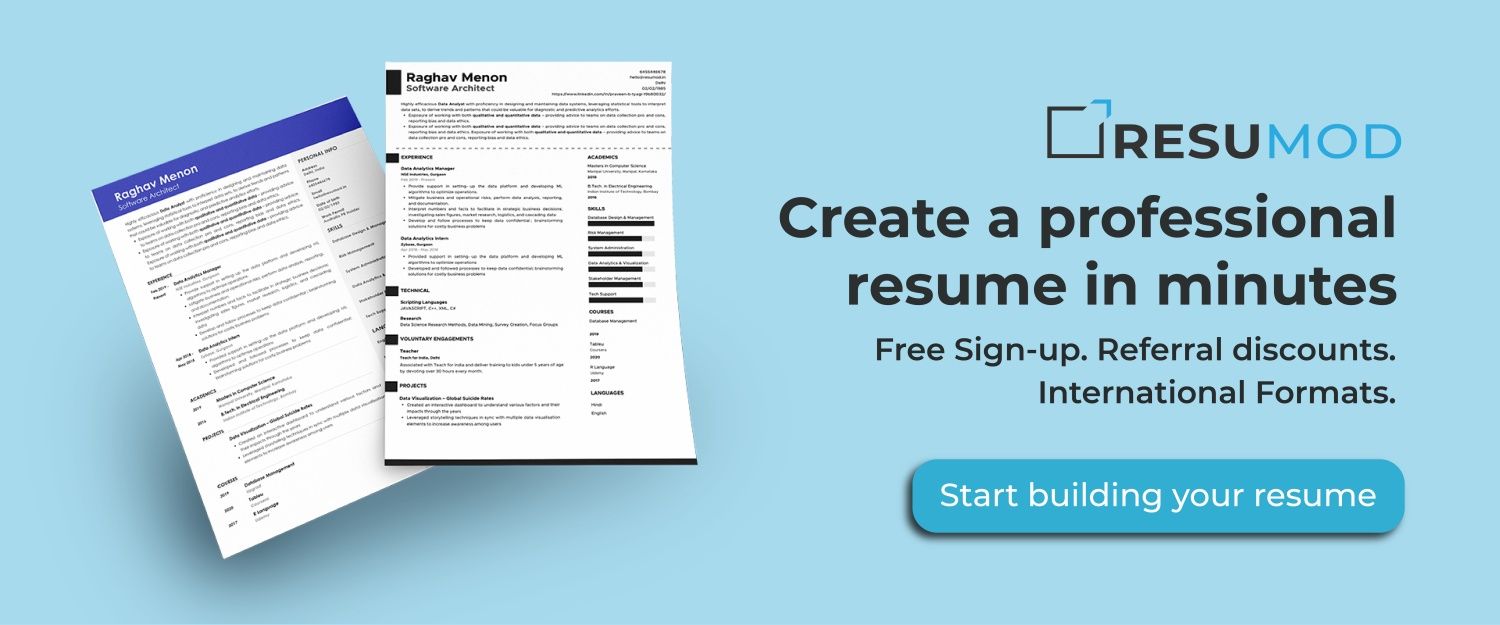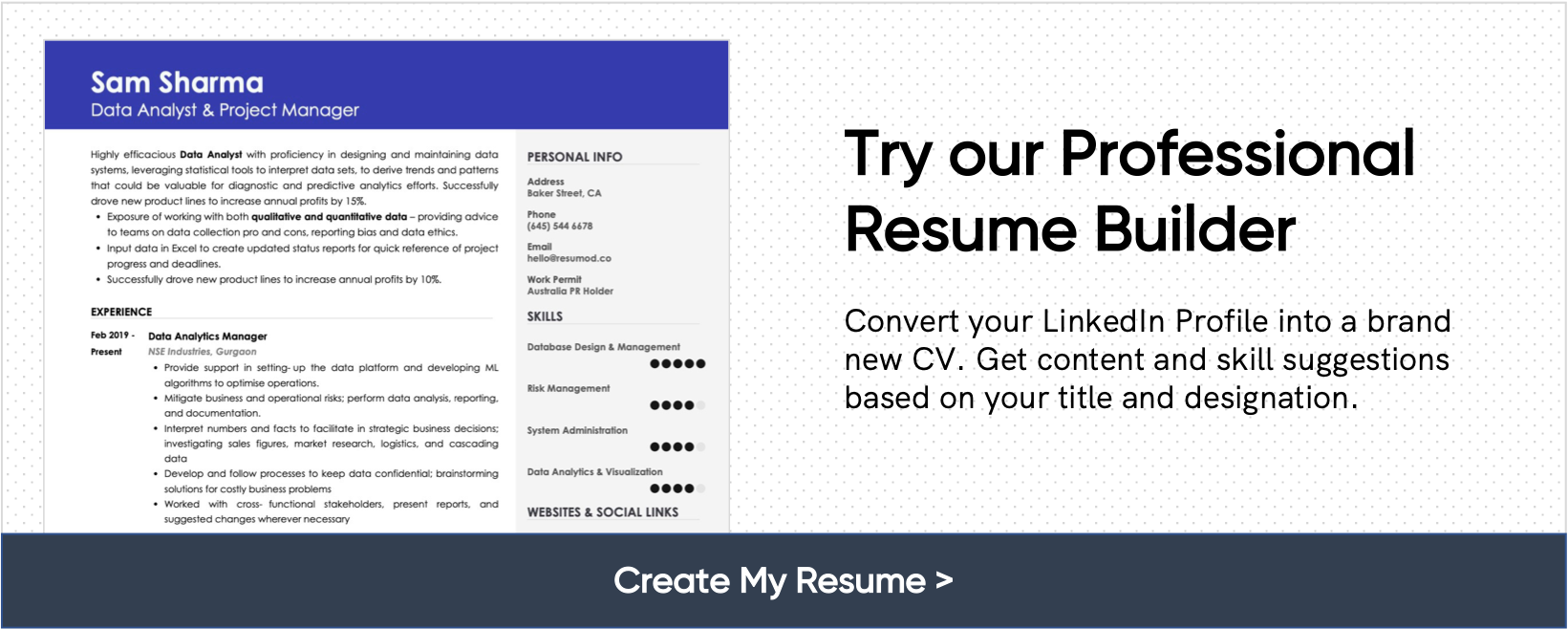Why Are Non-Linear Career Paths The Future
People are starting to explore more non-traditional and non-linear career paths.
The traditional career path is often thought of as a linear progression. This means individuals begin in entry-level positions and work their way up through the ranks until they reach the highest level of their chosen profession.
However, this linear model is becoming outdated. People are starting to explore more non-traditional and non-linear career paths. They are not sticking to a single career anymore. And well that's what the world demands right now.
In this article, we will explore the reasons why non-linear career paths are the future, and how they can benefit individuals, organizations, and society as a whole.
What is a Non-Linear Career Path?
A non-linear career path does not follow a traditional, linear progression. You may move between different industries, roles, and levels of seniority, often taking breaks or sabbaticals (Paid leaves, while still being employed) along the way. You may also switch career paths, pursuing new interests or opportunities that were not related to your original profession.
Here are two examples:
- Years of experience as a nurse can help to solve any prominent problem in the healthcare industry. Nurses may come up with innovative ideas for much-needed healthcare products or services. This may lead them to become entrepreneurs.
- A Software Quality Analyst (QA) fixes bugs in software. He can use his knowledge and expertise to later become a full-stack software developer and pre-optimize codes for efficiency. This non-linear career path is common in the IT industry.
Non-linear career paths are becoming more common due to changing attitudes toward work, the rise of automation, and the need for individuals to develop a diverse skill set.
10 Benefits of Non-Linear Career Paths
Non-linear career paths offer many benefits for individuals, organizations, and society as a whole. Some of the key advantages are outlined below:
1. Personal Growth and Development
They allow you to explore new interests, develop new skills, and challenge yourself. By taking on different roles and working in different industries, you can gain a broader perspective on the world. You also develop a range of transferable skills that can be applied to future roles.
An example: A marketing professional who takes a break from their career to travel the world may develop language skills, cultural awareness, and problem-solving abilities. They can bring back these skills to their career when they rejoin. Similarly, an engineer who decides to switch careers and become a teacher may develop communication, leadership, and presentation skills that they can use in their new role.
2. Skill development
Non-linear career paths allow you to develop a variety of skills through different roles and experiences. This can help you become more adaptable, versatile, and resilient in the face of change. This diverse skill set can also make you more attractive to employers, as they have a broader range of skills and experiences to draw upon.
3. Flexibility
Non-linear career paths offer more flexibility than traditional, linear career paths. You can take breaks or sabbaticals when you need to and can work remotely or on a flexible schedule. This is beneficial for those with caring responsibilities or other commitments outside of work.
An example: A parent who needs to take time off work to care for a sick child may be able to return to work on a flexible schedule, working part-time or from home. Similarly, an individual who needs to take time off work to care for an elderly parent may be able to do so without jeopardizing their career.

4. Job security
They provide more job security as they are not limited to a single industry or company. By having a diverse skill set and a variety of experiences, individuals can pivot to different roles and industries as needed. This can help mitigate the risk of layoffs or industry downturns. You are also able to pivot as per industry requirements and evolution.
5. Entrepreneurial Opportunities
Non-linear career paths open up entrepreneurial opportunities. A diverse skill set and experience enable you to identify gaps in the market and create a business around them. This is a boon for you if feel limited by traditional career paths or wants to have more control over your work and time.
6. Enhanced Creativity
Non-linear career paths enhance creativity and innovation. When you work across industries and roles, it opens your worldview and individuals and brings a new perspective. This helps you with solving problems innovatively and develop new products and services.
An example: If you are someone who has worked in both marketing and engineering, you may be able to bring a unique perspective to product development. Using your understanding of customer needs and preferences, you can help them inform the design process.
7. Increased Resilience
Non-linear career paths help you become more resilient and adaptable. By experiencing different roles and industries, you learn to cope with change and uncertainty. This helps you develop a range of coping strategies that can be applied in future roles.
An example: You have worked in multiple industries, and experienced layoffs, changes in management, and shifts in market demand. These experiences will build resilience, adaptability, and a willingness to learn new skills and take on new challenges.
8. Improved Employability
You might question how? But jobs and careers are dynamic now. You can't sail through your career with a skill that you learned in your college
By developing a diverse set of skills and experiences, you become more attractive to employers, particularly in industries where a broad range of skills are valued.
9. The Role of Technology and Automation
Technology and automation are playing are changing the nature of work and careers. As technology is advancing, many jobs are becoming automated or replaced by machines. This means that you need to develop new skills and be adaptable to remain employable.
At the same time, technology is also creating new opportunities for non-linear career paths. The rise of the gig economy, for example, has enabled individuals to work on a freelance basis and take on a variety of different projects and roles. Digital platforms like Upwork, Fiverr, and TaskRabbit have made it easier than ever to find work on a flexible basis.
10. The Importance of Lifelong Learning
Lifelong learning is essential for non-linear career paths as it allows you to enhance your skills and knowledge. With the rapid pace of technological advancements and changes in the job market, you must be willing to adapt and learn new skills, Lifelong learning will lead to greater job satisfaction and personal fulfilment by allowing individuals to pursue their passions and interests. You will never fear layoffs and recession if you are upskilling adequately.
Conclusion
Non-linear career paths are the future for several reasons. They offer flexibility, skill development, job security, entrepreneurial opportunities, and personal fulfilment. These career paths allow you to pursue your interests and passions, develop a diverse skill set, and remain adaptable in the face of change.
As the job market continues to evolve, non-linear career paths will take the center stage.



